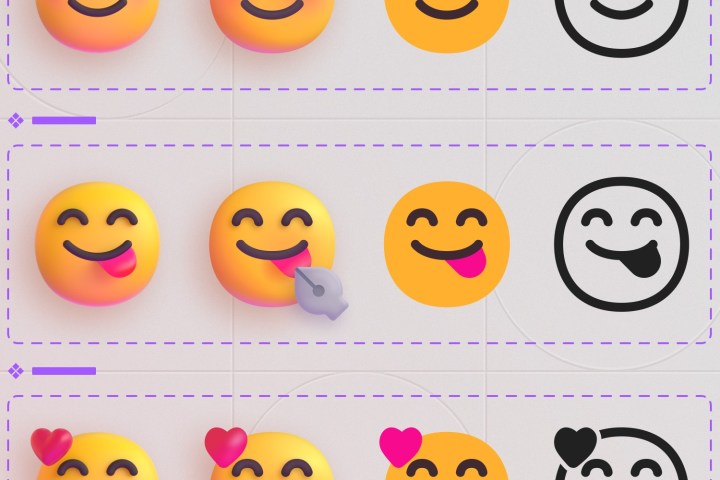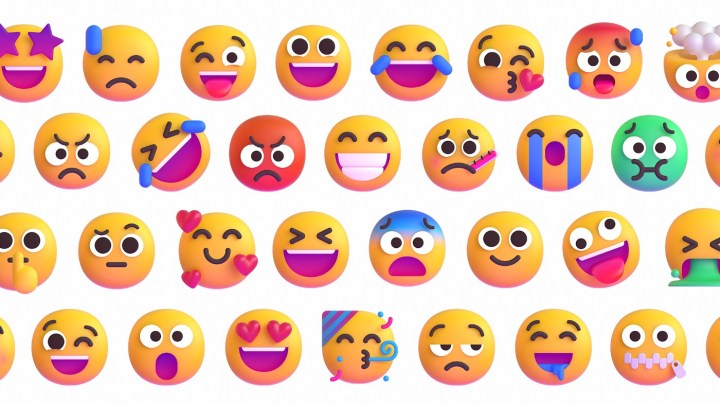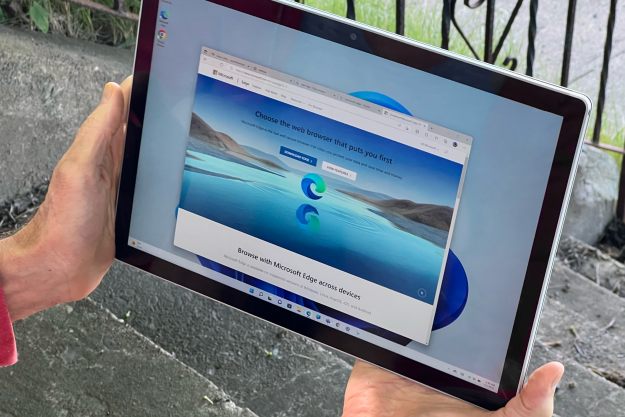Microsoft has announced it is making over 1,500 emojis in its library open source for developer and creator use as of Wednesday.
You can access the Microsoft emoji library on Figma and Github, with the brand noting that images can be saved as SVG, PNG, and JPG files “to allow for true versatility.” However, Microsoft recommends you make a “vector, flat, and monochrome version,” of each emoji designed for “scale and flexibility.

The collection will include 1,538 emojis in total, with Microsoft taking into account culture, religion, sexual orientation, politics, and food. Those creating with the open-source code will be able to go beyond the standard yellow Unicode skin tone and use the Fitzpatrick Scale to enhance emojis by an array of skin tones.
“Nobody knows your contexts and realities better than you and given how important emoji are in the realm of digital expression, we wanted to make them widely available for use,” Jon Friedman, Microsoft Corporate Vice President, said in a statement.
Microsoft notably has over 1,800 emojis available in its library, after having redesigned its emoji library last year with 3D emojis instead of 2D emojis, in conjunction with the Windows 11 update. There are many that have not been made available for open source due to legal reasons, including the Clippy paper clip mascot, which is trademarked, and other “work-from-home” associated emojis, which include the Windows logo, the brand said.

Microsoft detailed in its 2022 Work Trend Index report in March that its Microsoft Teams app saw a 32% increase in chats sent per person since March 2020 with the introduction of its 3D emoji, in addition to other new Microsoft 365 services that came out during that time. These features, including emojis, have helped workers build rebuild social capital with colleagues and develop thriving relationships with direct teams of remote workers.
Microsoft now hopes that the introduction of its upcoming low and no code experiences, which will be rolling out this fall, can also benefit from open source emojis in a similar fashion.
Editors' Recommendations
- Copilot: how to use Microsoft’s own version of ChatGPT
- OpenAI is on fire — here’s what that means for ChatGPT and Windows
- An open-source ChatGPT rival was just launched by the Stable Diffusion team
- Edge Copilot finally delivers on Microsoft’s Bing Chat promises
- Microsoft explains how thousands of Nvidia GPUs built ChatGPT




